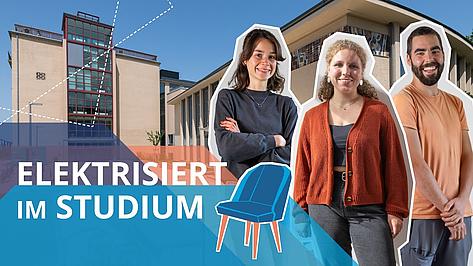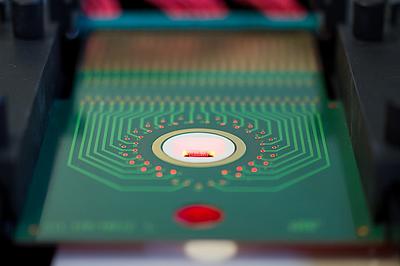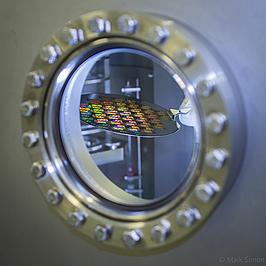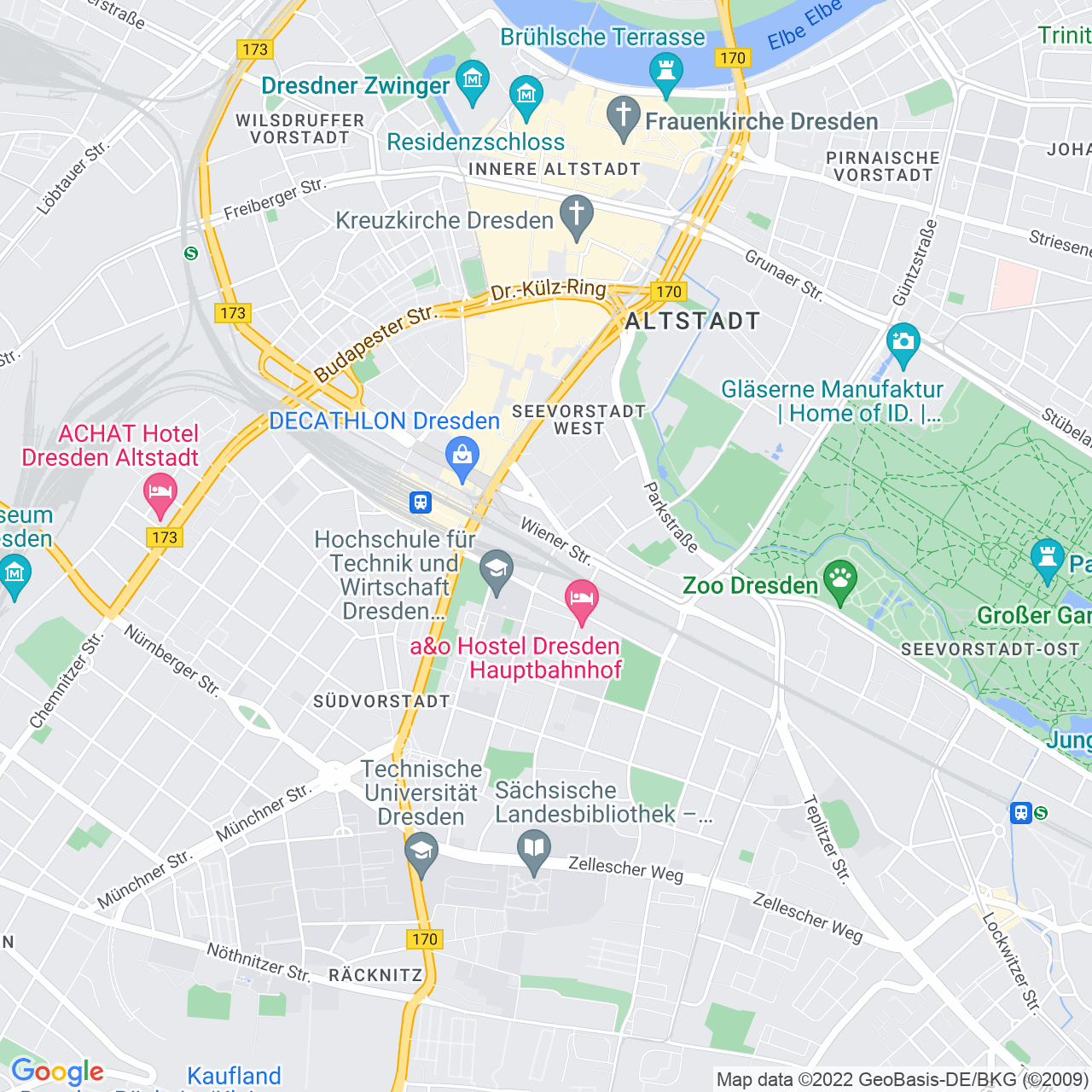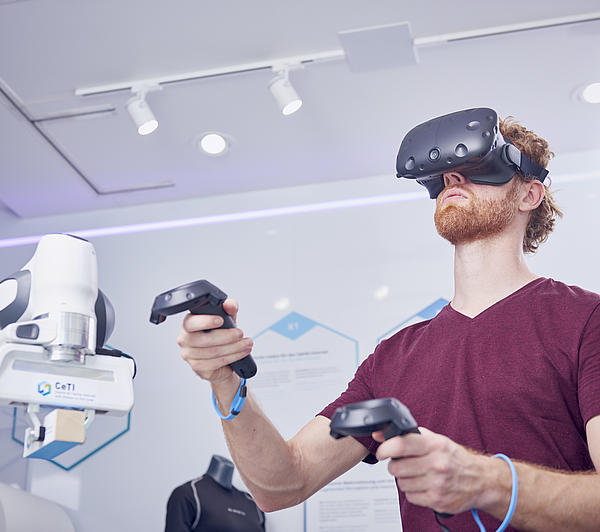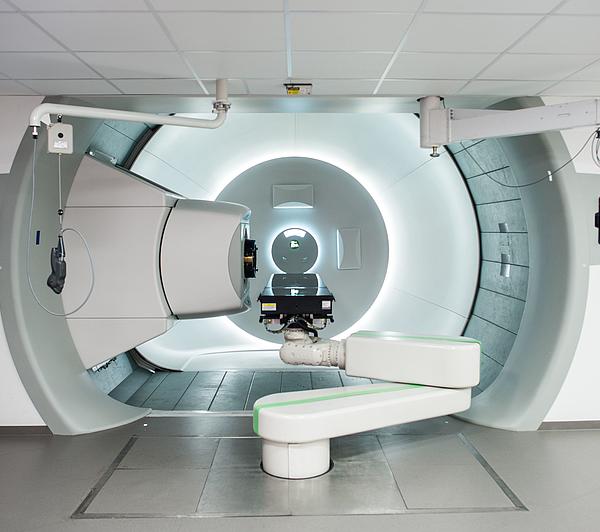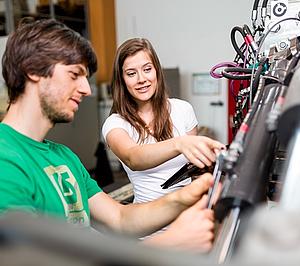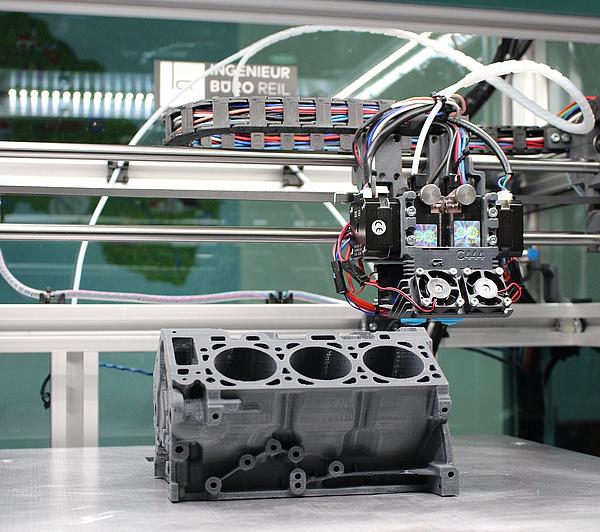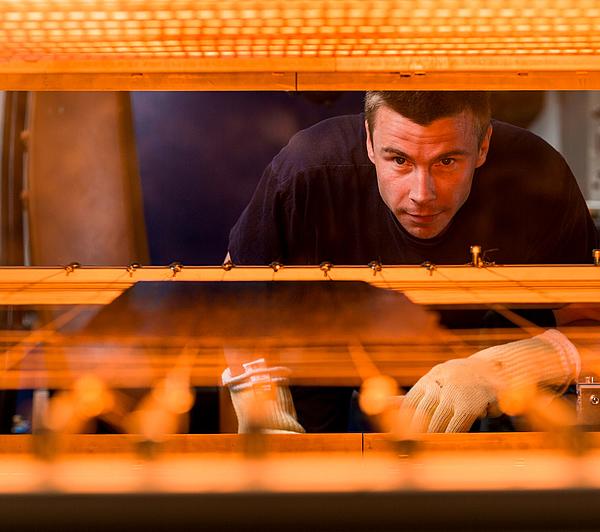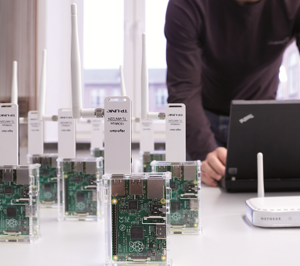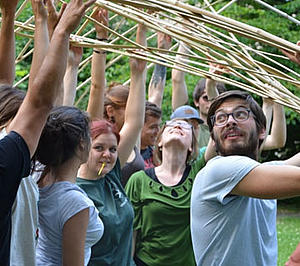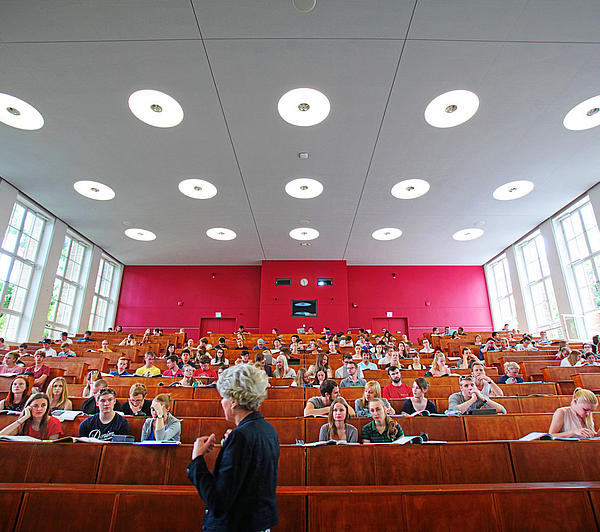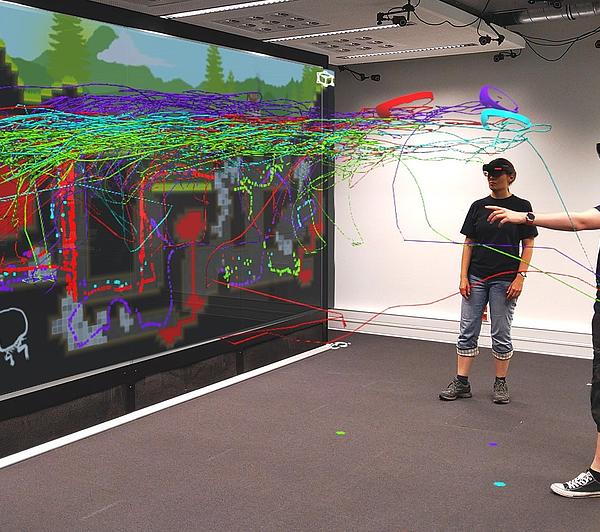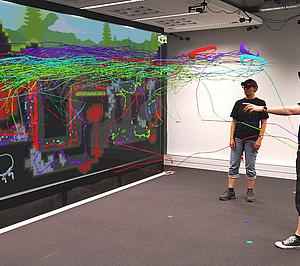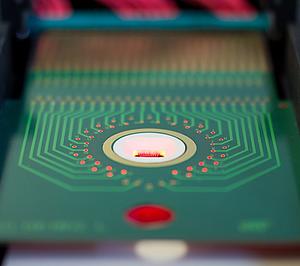A two-year full-time course in English
The ongoing miniaturization in the microelectronics industry leads to systems that are now being referred to as nanoelectronic systems. Such systems offer a variety of applications, but their design and implementation is becoming increasingly complex. This is the motivation for the new master’s program in “Nanoelectronic Systems” with the key areas:
- Technologies for nanoelectronic systems.
- Design of nanoelectronic systems.
- Applications of nanoelectronic systems.
The correlation/overlap between these areas will also be covered. The program not only focuses on traditional scaling (“More Moore”), but also ideas and concepts for “More than Moore” and “Beyond Moore”.
The practical training (offered in parallel with theoretical concepts) develops skillsets and expertise that can be used during internships, project work, and the master’s thesis which can be undertaken at companies or research institutes.
Admission Requirements
Bachelors in Electrical Engineering, Information Technology, Physics, or similar with the following prerequisites:
- Advanced mathematics.
- Analog and digital circuit design.
- Electro-magnetic fields.
- Systems theory.
- Operation and construction of basic electron devices. (e. g. diode, bipolar and MOS transistors)
- Objectoriented programming.
One of the above prerequisites may be missing, but must be undertaken independently.
Certificate of proficiency in English on the level C1 of the Common European Framework of Reference for Languages (CEFR)
Compulsory Modules
- Fundamentals of Estimation and Detection (1st semester)
- Principles of Dependable Systems (1st semester)
- Lab Sessions with Robolab II and Solar Cell Building (1st semester)
- Semiconductor Technology (1st and 2nd semester)
- Hardware/Software Codesign (2nd semester)
- Radio Frequency Integrated Circuits (2nd semester)
- Project Work (3rd semester)
- Academic and Scientific Work (3rd semester)
- Master Thesis with Defense (4th semester)
Elective Modules (a sample selection)
Technology
- Materials for Nanoelectronics and Vacuum Technology
- Memory Technology
- Molecular Electronics
- Nanotechnology and Material Science
- Optoelectronics
Design
- Computer Arithmetic
- Integrated Circuits for Broadband Optical Communications
- Lab VLSI Processor Design
- Modeling and Characterization of Electron Devices
Applications
- Software Fault-Tolerance
- Stochastic Signals and Systems
- System Engineering
- Theory of Nonlinear Networks
- Ubiquitous Information Systems
- Wireless Sensor Networks
Non-technical
- Investing in a Sustainable Future
- German Language and Culture
Medium of instruction is English for all modules.
Studying in Dresden
Counseling
The master’s program starts with a group project and introductory and orientation meetings in the first week of October. During the entire program further information and evaluation meetings are organized.
Pratical Information
The Studentenwerk Dresden offers various options for accommodation in Dresden. Costs range from 150 to 260 EUR per month. Complementary lectures in German are offered. German language courses are offered by various organizations, for example TUDIAS or Goethe-Institut, Dresden.
Further Research Work
Research work leading to a Ph.D. degree may be offered to top-level M.Sc. graduates.
Fees
There is no tuition fee. Students only have to pay an administrative charge of around 250 EUR per semester.
Grants
Different options for receiving financial support are available.
For further information please check this website >
or go to the website of the DAAD >
Please bear in mind that there might be possibilities of funding in your home country.
City of Dresden
The City of Dresden, with more than half a million inhabitants, is the capital of the state of Saxony. Dresden is located on the banks of the Elbe and is renowned for its opera, theaters, museums, and art galleries. Students can also enjoy a vibrant cultural scene. Dresden is surrounded by large forests and hilly terrain, which offer a variety of recreational activities.
Dresden is the center of Silicon Saxony, Europe’s most important cluster for micro- and nanoelectronics with more than 40,000 employees in about 1200 companies.
Technische Universität Dresden
The TU Dresden is among the top universities in Germany and Europe: strong in research, offering first-rate programmes with an overwhelming diversity, with close ties to culture, industry and society. As a modern full-curriculum university with 14 faculties, it offers a wide academic range for the 37,000 students currently enrolled in the TU Dresden. The TU Dresden is the largest university in Saxony.
The Faculty of Electrical and Computer Engineering has been rated as the best faculty for Electrical and Computer Engineering in the Centre for Higher Education Development (CHE) ranking published in 2013."
TUD is one of eleven universities that were identified as an “elite university” within the second programme phase of the Excellence Initiative.>

